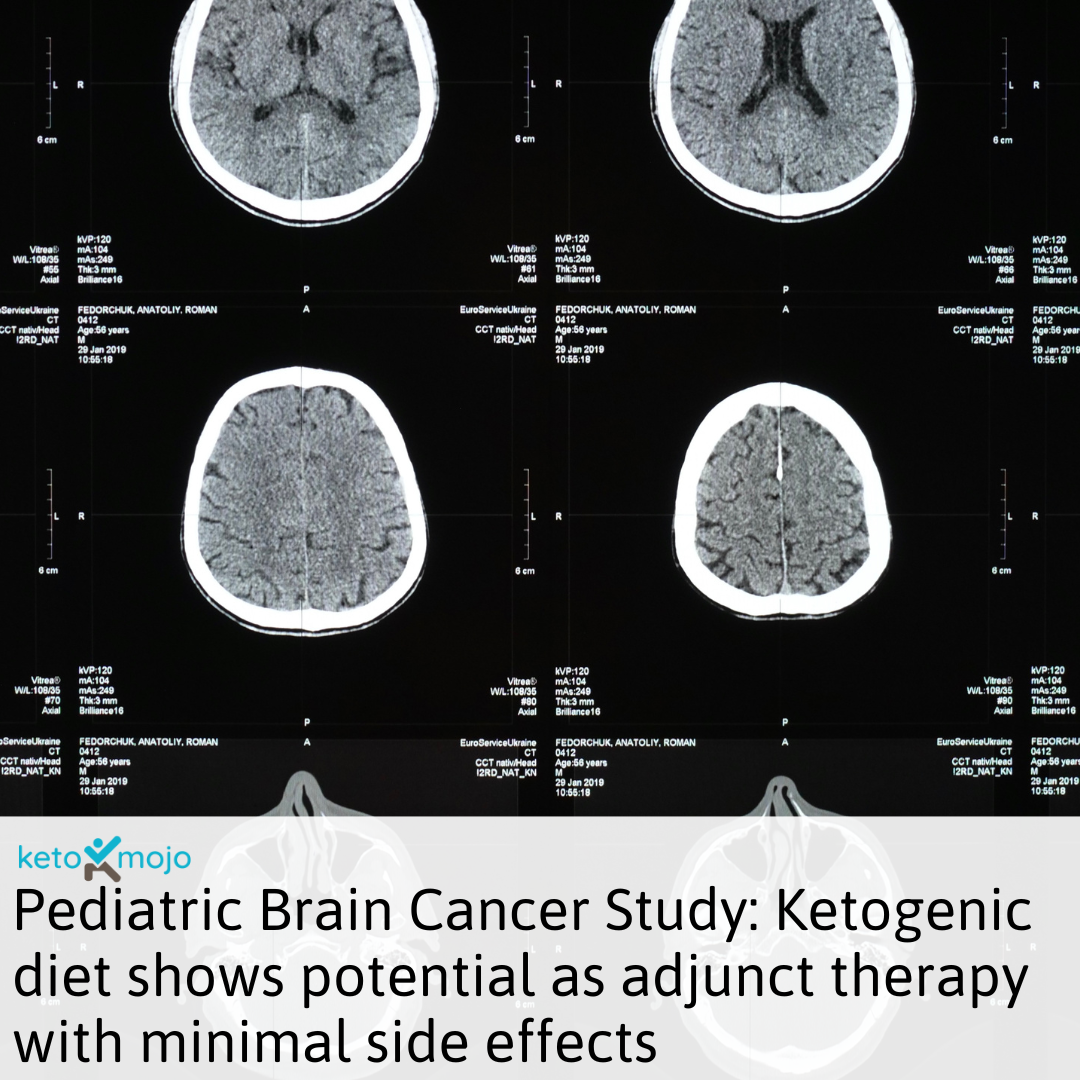Endocrine, General Health, Metabolic Syndrome
MCT‑modified ketogenic diet as an adjunct to standard treatment regimen could alleviate clinical symptoms in women with endometriosis

Endometriosis often causes chronic pelvic pain, dyspareunia (pain during intercourse), and dyschezia (pain during defecation). Current treatments, including hormonal therapy, have limited long-term effectiveness, leading researchers to explore dietary strategies that may reduce inflammation and alleviate symptoms.
Researchers conducted a randomized controlled trial to evaluate the effects of a medium-chain triglyceride (MCT)-modified ketogenic diet as an adjunct to standard treatment in women with endometriosis.
Fifty women aged 25–35 years with laparoscopically confirmed endometriosis were randomly assigned to one of two groups: a 12-week MCT-modified ketogenic diet along with oral contraceptive pills (OCPs) or a control group that received OCPs alone. The ketogenic diet was high in fat (70–80%), moderate in protein (15–20%), and very low in carbohydrates (5–10%), with supplemental MCT oil to support ketone production. Dietary adherence was monitored via food recalls and urinary ketone testing.
Forty-four participants completed the study (19 in the intervention group and 25 in the control group). Clinical symptoms were assessed using a visual analog scale at baseline and at 12 weeks.
Key Results:
- Dyspareunia decreased significantly in the MCT-KD group compared to control (p = 0.02)
- Dyschezia also decreased significantly in the MCT-KD group (p = 0.001)
- Pelvic pain showed a marginal reduction in the MCT-KD group (p = 0.07)
These findings suggest that an MCT-modified ketogenic diet may be a beneficial adjunct to hormonal therapy in reducing specific pain symptoms associated with endometriosis.







